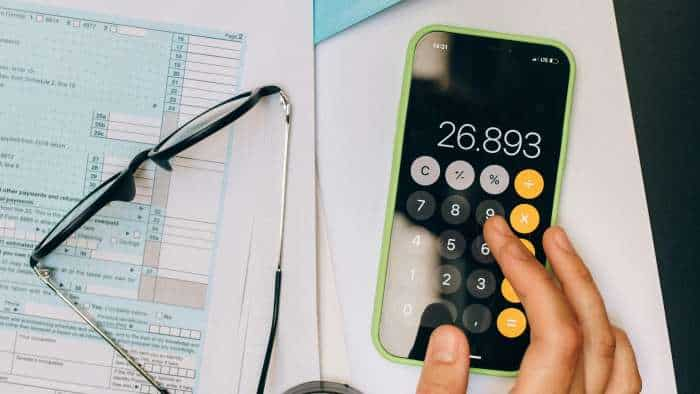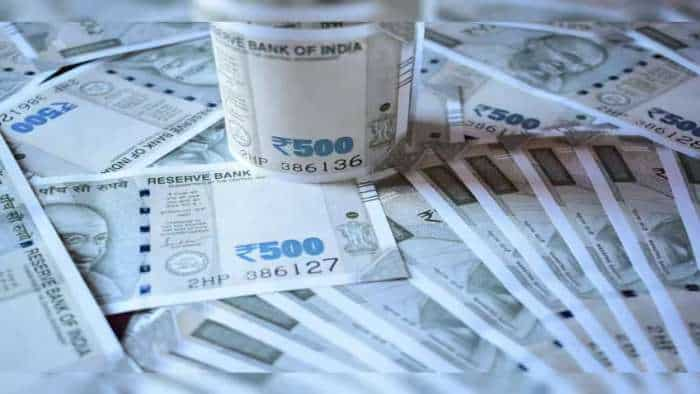RBI offline payments: Allowed! What it is? How it works? Benefits? MUST KNOW DETAILS
The pilot scheme should be undertaken till March 31, 2021 only, the notification said, and added the RBI would decide on formalising such a system based on the experience gained under the pilot.'

With am aim to encourage customers to opt for digital payments even in those places where the internet connectivity is poor, the Reserve Bank of India (RBI) has permitted small value offline transactions through cards and mobile devices for single payments of up to Rs 200 on pilot basis. An announcement to this effect was made by RBI Governor Shaktikanta Das.
Under the pilot scheme, payment system operators (PSO) banks and non-banks may offer digital payments offline (payments that do not require internet connectivity to take effect), said a notification in this regard. "The Reserve Bank has been encouraging entities to develop offline payment solutions. It is, therefore, proposed to allow a pilot scheme for small value payments in offline mode with built-in features for safeguarding interest of users, liability protection, etc," the governor said.
RBI offline payments: What it is? How it works?
-As per the pilot scheme, the payments can be made using cards, wallets or mobile devices or through any other channel without any Additional Factor of Authentication (AFA), said a RBI notification in this regard.
-The pilot scheme should be undertaken till March 31, 2021 only, the notification said, and added the RBI would decide on formalising such a system based on the experience gained under the pilot.'
- "The PSO shall send real-time transaction alerts to users as soon as transaction details are received," it said.
- Meanwhile, the RBI also said Payment System Operators (PSOs) will have to implement Online Dispute Resolution (ODR) as there is a concomitant increase in the number of disputes and grievances as digital transactions rise significantly.
- The statement further said that recourse to technology-driven redressal mechanisms that are rule-based, transparent and involve minimum (or no) manual intervention is necessary to deal with disputes and grievances in a timely and effective manner.
- "Accordingly, the Reserve Bank shall require PSOs to introduce ODR systems in a phased manner. To begin with, authorised PSOs shall be required to implement ODR systems for failed transactions in their respective payment systems," it said.
- Based on the experience gained, ODR arrangements will be extended to other types of disputes and grievances, it added.
-As per a notification issued by the RBI on ODR, customers should be provided with one or more channels web-based or paper-based complaint form, IVR, mobile application, call centre, SMS, through branches or offices ? for lodging disputes and grievances.
RBI offline payments: Benefits?
The RBI said absence of, or erratic, internet connectivity, especially in remote areas, is a major impediment for adoption of digital payments.
Availability of options to make offline payments, using cards, wallets or mobile devices could boost the adoption of digital payments, it said.
RBI offline payments: UPPER LIMIT
-The upper limit of a payment transaction shall be Rs 200, although the total limit for offline transactions on an instrument will be Rs 2,000, at any point of time, the RBI said adding that "resetting of the limit shall be allowed in online mode with AFA".
Get Latest Business News, Stock Market Updates and Videos; Check your tax outgo through Income Tax Calculator and save money through our Personal Finance coverage. Check Business Breaking News Live on Zee Business Twitter and Facebook. Subscribe on YouTube.
RECOMMENDED STORIES

Top 7 Multi Cap Mutual Funds With Highest SIP Return in 1 Year: Rs 27,777 monthly SIP investment in No. 1 scheme has converted into Rs 3,91,609; what about others?

Hybrid Mutual Funds: Rs 50,000 one-time investment in 3 schemes has grown to at least Rs 1.54 lakh in 5 years; see list

Power of Compounding: In how many years, investors can achieve Rs 6.5 cr corpus with monthly salaries of Rs 20,000, Rs 25,000, and Rs 30,000?
06:02 PM IST










 RBI sets up 8-member panel on ethical use of AI
RBI sets up 8-member panel on ethical use of AI Indian economy is recovering from slowdown witnessed in July-September quarter: RBI
Indian economy is recovering from slowdown witnessed in July-September quarter: RBI RBI: After another status quo year, all eyes on a growth-propping rate cut with new Guv at helm By Ashish Agashe
RBI: After another status quo year, all eyes on a growth-propping rate cut with new Guv at helm By Ashish Agashe Electricity distribution companies continue to remain a burden on state finances: RBI
Electricity distribution companies continue to remain a burden on state finances: RBI RBI imposes penalties on IndusInd Bank and Manappuram Finance for non-compliance of certain norms
RBI imposes penalties on IndusInd Bank and Manappuram Finance for non-compliance of certain norms